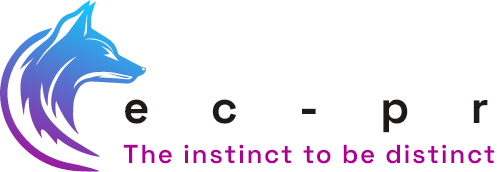Media Training
Media training is an essential component of an interview-rich PR programme.
Media training can help your executives to become more comfortable and confident when interacting with journalists and can increase the opportunities of securing press coverage for your company.
Our bespoke approach is called Flare. It involves coaching spokespeople so that they understand the context, purpose, and structure of a successful press interview. In addition, your spokespeople get to experience a series of practice interviews with a journalist in which they can hone their skills.

Media Training
Media training is an essential component of an interview-rich PR programme.
Media training can help your executives to become more comfortable and confident when interacting with journalists and can increase the opportunities of securing press coverage for your company.
Our bespoke approach is called Flare. It involves coaching spokespeople so that they understand the context, purpose, and structure of a successful press interview. In addition, your spokespeople get to experience a series of practice interviews with a journalist in which they can hone their skills.
Request a callback
Show your brand’s mettle and grow it into its memorable, gorgeous potential.
Our media training services
By working with our team of seasoned PR professionals, your spokespeople will learn how to communicate authoritatively with the media and secure valuable column inches, making less available to the competition!
Our Flare media training workshop includes:
Why press interviews are important
Read more
Business journalists seek compelling stories and insights to engage their audience and help them better understand the business world.
If you can provide them with unique perspectives, relevant information, and compelling quotes, you can help ensure that your interview is successful and your message is communicated effectively.
If you don’t satisfy a journalist you have agreed to speak to about a specific subject matter, two things will happen – first you will get no press coverage and second you are unlikely to get a second opportunity.
Satisfying a journalist doesn’t have to be difficult or frightening, you just need to be properly prepared, and this is what we help you do through our media training.
Our media training services
By working with our team of seasoned PR professionals, your spokespeople will learn how to communicate authoritatively with the media and secure valuable column inches, making less available to the competition!
Our Flare media training workshop includes:
Why press interviews are important
Read more
Business journalists seek compelling stories and insights to engage their audience and help them better understand the business world.
If you can provide them with unique perspectives, relevant information, and compelling quotes, you can help ensure that your interview is successful and your message is communicated effectively.
If you don’t satisfy a journalist you have agreed to speak to about a specific subject matter, two things will happen – first you will get no press coverage and second you are unlikely to get a second opportunity.
Satisfying a journalist doesn’t have to be difficult or frightening, you just need to be properly prepared, and this is what we help you do through our media training.
Different types of interviews
There are several different types of press interviews, each with its own format and purpose. Our media training helps your executives communicate effectively with the media whatever the media channel.
Here are some of the most common types:
- One-on-one interview: This is a private interview between a journalist and a single person. One-on-one interviews are often conducted in person, but they can also be done over the phone or via video conference.
- Telephone interview: This is an interview conducted over the phone. Telephone interviews are often used when the interviewee is in a different location from the journalist or when time is limited.
- Email interview: This is an interview conducted via email. Email interviews are often used when the interviewee is unavailable for a live interview or when the journalist is looking to obtain written quotes.
- Press conference/group interview: This is a formal event where a spokesperson or group of people make a statement and take questions from journalists. Press conferences are often used to announce news or respond to a crisis.
- Background interview: This is an off-the-record interview where the journalist agrees not to attribute quotes or information to the interviewee. Background interviews are often used to provide journalists with background information or to build relationships with sources. Although we don’t believe any interview is off-the record!
- On-the-record interview: This is a formal interview where the journalist can quote the interviewee directly. On-the-record interviews are the most common type of interviews used in journalism.
Each type of press interview has its own advantages and disadvantages, and the choice of interview format will depend on the specific goals and needs of the interviewee and the journalist.
Different types of interviews
There are several different types of press interviews, each with its own format and purpose. Our media training helps your executives communicate effectively with the media whatever the media channel.
Here are some of the most common types:
- One-on-one interview: This is a private interview between a journalist and a single person. One-on-one interviews are often conducted in person, but they can also be done over the phone or via video conference.
- Telephone interview: This is an interview conducted over the phone. Telephone interviews are often used when the interviewee is in a different location from the journalist or when time is limited.
- Email interview: This is an interview conducted via email. Email interviews are often used when the interviewee is unavailable for a live interview or when the journalist is looking to obtain written quotes.
- Press conference/group interview: This is a formal event where a spokesperson or group of people make a statement and take questions from journalists. Press conferences are often used to announce news or respond to a crisis.
- Background interview: This is an off-the-record interview where the journalist agrees not to attribute quotes or information to the interviewee. Background interviews are often used to provide journalists with background information or to build relationships with sources. Although we don’t believe any interview is off-the record!
- On-the-record interview: This is a formal interview where the journalist can quote the interviewee directly. On-the-record interviews are the most common type of interviews used in journalism.
Each type of press interview has its own advantages and disadvantages, and the choice of interview format will depend on the specific goals and needs of the interviewee and the journalist.
Why choose EC-PR for media training?
EC-PR is a team of experienced PR professionals who specialise in providing media training services to B2B tech companies.
By choosing EC-PR for your media training needs, you can benefit from:
- Improved communication skills: Professional media training can help individuals develop better communication skills, such as the ability to convey messages effectively, speak clearly and confidently, and respond to questions succinctly.
- Enhanced media presence: Professional media training can help individuals develop a strong media presence, by helping them establish credibility, build relationships with journalists, and increase their visibility through media coverage.
- Better crisis management: Media training can help individuals and organisations prepare for potential crises, by teaching them how to communicate effectively in high-pressure situations, stay on message, and manage negative media attention.
- Increased confidence: Media training can help individuals feel more confident and comfortable when dealing with the media, by providing them with the skills and knowledge they need to handle interviews and other media interactions with ease.
- Improved reputation management: Media training can help individuals and organisations develop strategies for managing their reputation, by teaching them how to monitor and respond to media coverage, handle negative feedback, and build positive relationships with journalists and other stakeholders.
Our media training can help spokespeople to communicate more effectively with the media, enhance their reputation and presence in the media, and manage crises and negative media attention more effectively.
It is a valuable investment for anyone who wants to improve their media communication skills and achieve their goals in the media.
Request a callback
Show your brand’s mettle and grow it into its memorable, gorgeous potential.
Our Case Studies
We work closely with our clients to understand their unique challenges and goals, and develop tailored strategies that deliver measurable results.
Our case studies showcase a range of successful projects, including increasing brand awareness, generating leads, and establishing thought leadership in their respective industries.
Our experienced PR professionals have a wealth of knowledge and expertise, which they bring to each project, ensuring that our clients receive the best possible service. We use a data-driven approach to track and measure the success of each campaign, providing our clients with clear and transparent reporting.
Whether you are a start-up or an established business, our case studies demonstrate the value of effective PR and the impact it can have on your business.
Media training case studies

Industry sector(s): Manufacturing
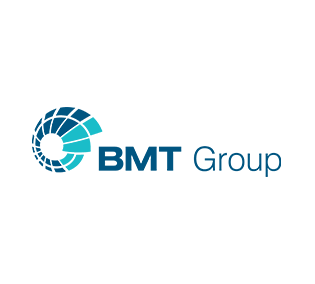
Industry sector(s): Mining, Consulting, Maritime, Defence, Transport, Envrionment, Energy
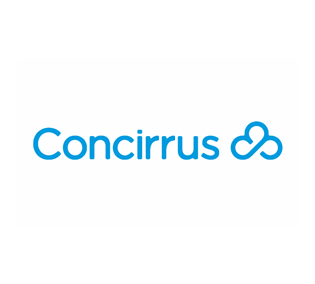
Industry sector(s): InsurTech
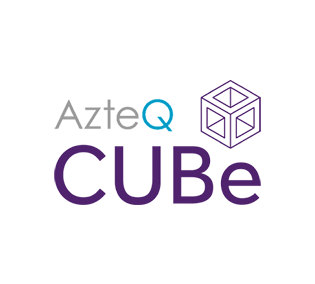
Industry sector(s): IT
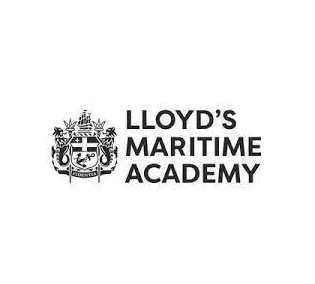
Industry sector(s): Maritime
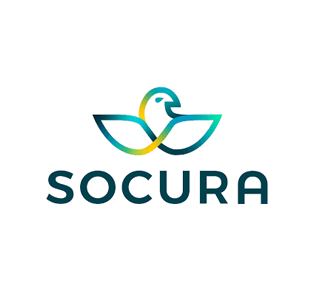
Industry sector(s): Cybersecurity
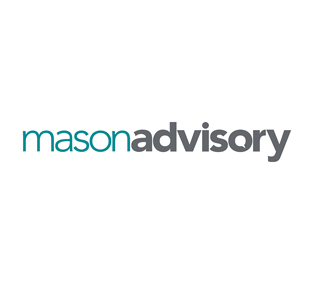
Industry sector(s): Consulting, IT

Industry sector(s): Software, Logistics
Industry Insights
Our team of PR experts stay up-to-date with the industry developments and emerging trends, to help our clients stay ahead of the curve.
Through our Industry Insights section, we provide you with the latest analysis on key topics affecting the B2B tech industry in various sectors including cybersecurity, maritime, insurtech, and more. Our insights are based on extensive research and our team’s deep understanding of the B2B tech industry. We bring you insights from a range of experts, including our own team members, industry leaders, and academics, to provide you with a well-rounded perspective on key issues.
